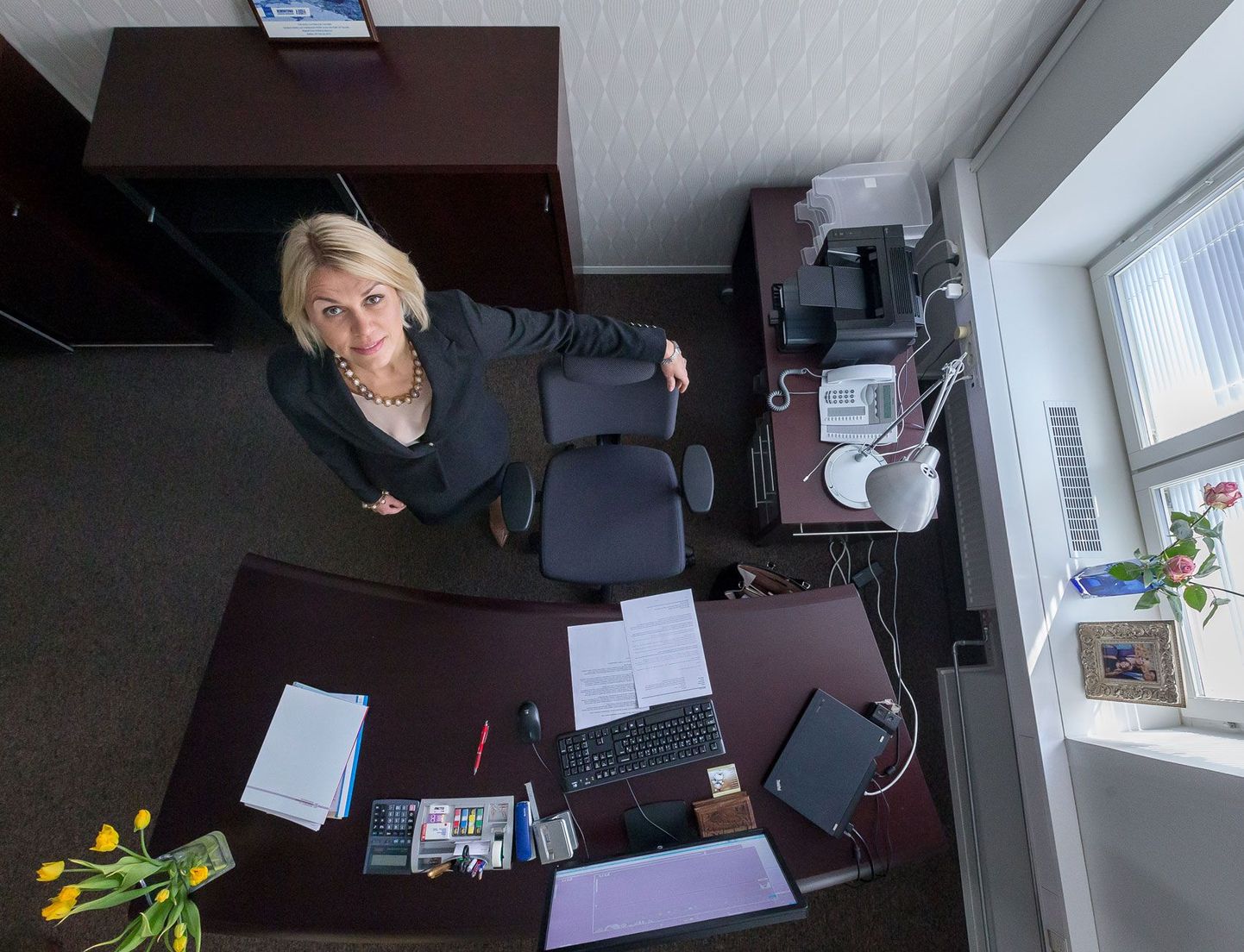But when it comes to the foreign trade aspect, the work has always existed and will continue. Personally, I will be visiting Germany in May, with the President and entrepreneurs. For our entrepreneurs, the German market is definitely of great interest and geographically it is not that far away; the cultural space is similar.
At the beginning of autumn, however, there will be a visit to China organised by EAS. This is a market far away, yet huge and of inertest. There will be quite many such undertakings, visits, fairs. My year’s calendar is pretty filled.
Meanwhile, I very much desire that I would have time left over to also support entrepreneurship here in Estonia, that I would not be away all the time. I will try to balance it out and the there for the entire portfolio.
As you said, the foreign schedule is intense; by the public, you have been criticized for your poor command of language. How do you comment?
For 15 years I worked at an international company, half of that as its head. Mainly, the work was in English. Also, as population minister I was having to communicate with foreign ambassadors, and as economy and infrastructure minister with diplomats – I could not have done all that without knowing the language. It is regrettable that, again, people have taken the path of dirty slander – the last time it was the TV tower binoculars saga (last summer, Eesti Päevaleht and Delfi wrote that, according to a person present at a cabinet meeting, Ms Palo said that the TV tower was for us of utmost importance also because, from the top of it, it was possible to see whether enemies were approaching Tallinn. – edit), so this time it is language skills.

